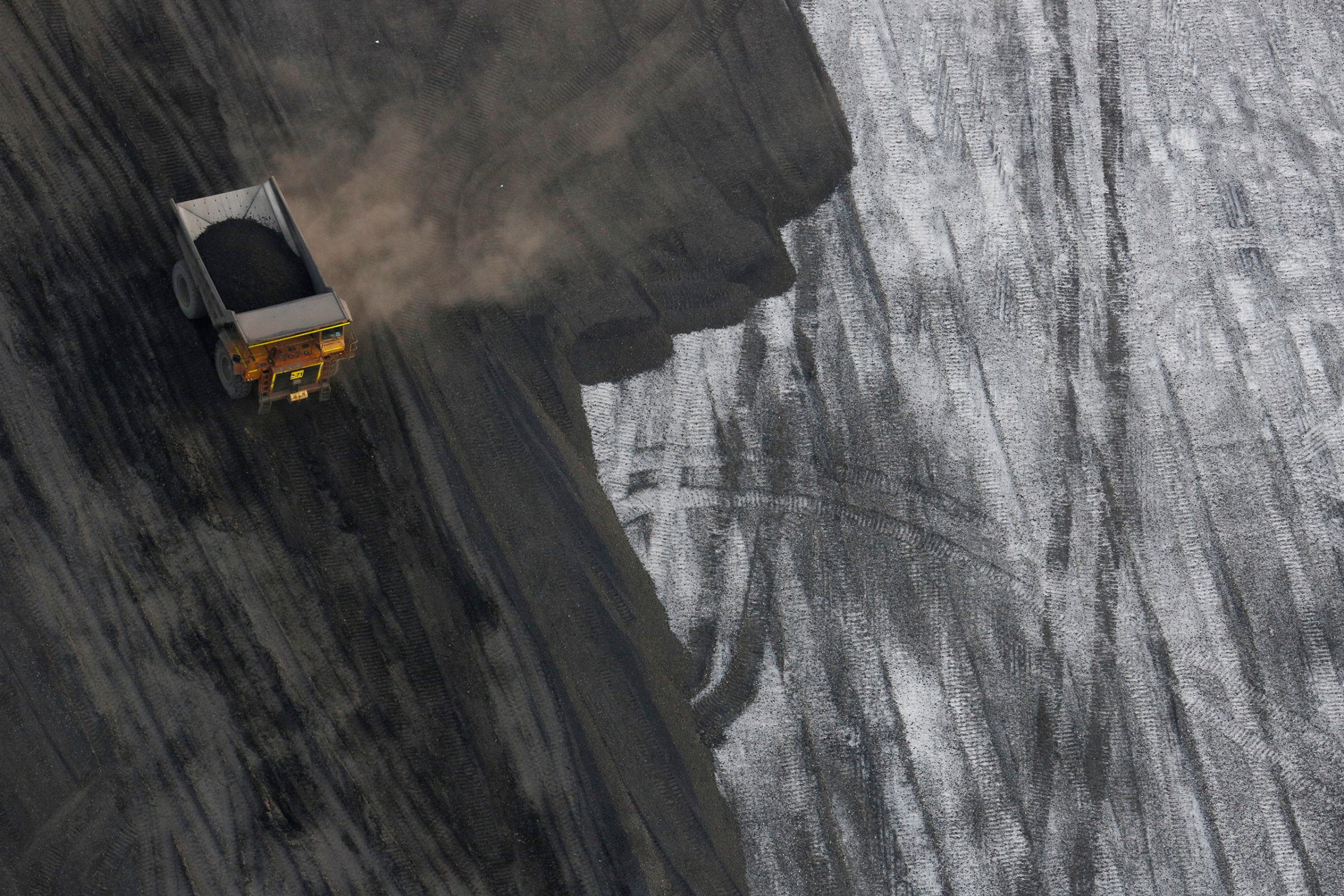
The thousands of diplomats and activists who gathered at the annual U.N. climate summit, held this year in Marrakech, Morocco, on Nov. 7, must have thought the hard work was over. Just days earlier, the Paris Agreement, by far the most ambitious international deal to fight climate change ever negotiated, had entered into legal force. Those who work in the field of climate change are rarely upbeat–regularly grappling with the end of the world can have that effect on your disposition–but there were greater grounds for optimism than ever before.
Then Nov. 8 happened. Climate activists were as shocked as many others by Donald Trump’s election victory, but they have special reason to fear what it could mean for their cause. And because we all live on this planet too, so do the rest of us.
President-elect Trump is on record denying the science of man-made climate change, saying on Twitter in 2012 that it was “created by and for the Chinese in order to make U.S. manufacturing noncompetitive.” He has promised to pull the U.S.–the second largest carbon emitter in the world–out of the Paris Agreement, which would gut the international deal and encourage other countries to backslide on their commitments. He has pledged to kill the Clean Power Plan, the Obama regulations that would reduce carbon emissions from the electricity sector 32% below 2005 levels by 2030. He has said he will revive the U.S. coal industry, one of the biggest sources of man-made carbon emissions.
All of this adds up. According to a study by Lux Research that was published before the election, Trump’s policies would lead to U.S. emissions being 16% higher after two terms in office than they would have been after two terms of Hillary Clinton. That’s 3.4 billion tons of additional carbon emissions.
Climate change is only one of the many areas where Trump could set back the progress of the Obama era. But it is the one that will have by far the most lasting impact. The world is doing more now to fight climate change than ever before–global carbon emissions from fossil fuels and industry were all but flat for the third year in a row–but that doesn’t mean we’re winning. According to the World Meteorological Organization, 2016 is “very likely” to be the hottest year on record–which would make it the warmest year since last year. (Sixteen of the 17 hottest years on record have been in the 21st century.) In parts of the Arctic, temperatures have been as much as 6°C above the long-term average. The annual summer minimum of Arctic sea ice–the best gauge of the health of Arctic ice–melted to its second lowest extent on record, after 2012. In September the atmospheric concentration of CO[subscript 2] permanently passed the 400 parts per million threshold–a problem, considering many scientists now believe the level needs to be at 350 ppm to avoid catastrophic climate change.
That’s only what’s happening now. Climate change works on an utterly different calendar than a political one. It will take decades for the full warming effect of the CO[subscript 2] we emit today to be felt by the climate, which means we could stop all greenhouse-gas emissions immediately and still be locked into more warming, and with it sea-level rise that will displace millions, potentially stronger storms and more intense droughts. Even if the countries that signed on to the Paris accord meet their pledges to control greenhouse-gas emissions, the world will still be on target for a temperature rise of at least 2.7°C by 2100–well above the 2°C rise that many scientists have identified as a red line. A Trump Administration–should the President-elect do what he has promised–makes it far less likely the world will meet its Paris targets, let alone put in place the drastic emissions cuts needed to preserve a livable climate.
In Marrakech, U.S. Secretary of State John Kerry pleaded to world leaders–without mentioning Trump by name–to not let climate progress come undone. “I ask you on behalf of billions of people around the world … do your own diligence before making irrevocable choices,” he said. But an irrevocable choice was made on Nov. 8 by American voters–and now the whole world may have to pay the price.
More Must-Reads from TIME
- Why Trump’s Message Worked on Latino Men
- What Trump’s Win Could Mean for Housing
- The 100 Must-Read Books of 2024
- Sleep Doctors Share the 1 Tip That’s Changed Their Lives
- Column: Let’s Bring Back Romance
- What It’s Like to Have Long COVID As a Kid
- FX’s Say Nothing Is the Must-Watch Political Thriller of 2024
- Merle Bombardieri Is Helping People Make the Baby Decision
Contact us at letters@time.com